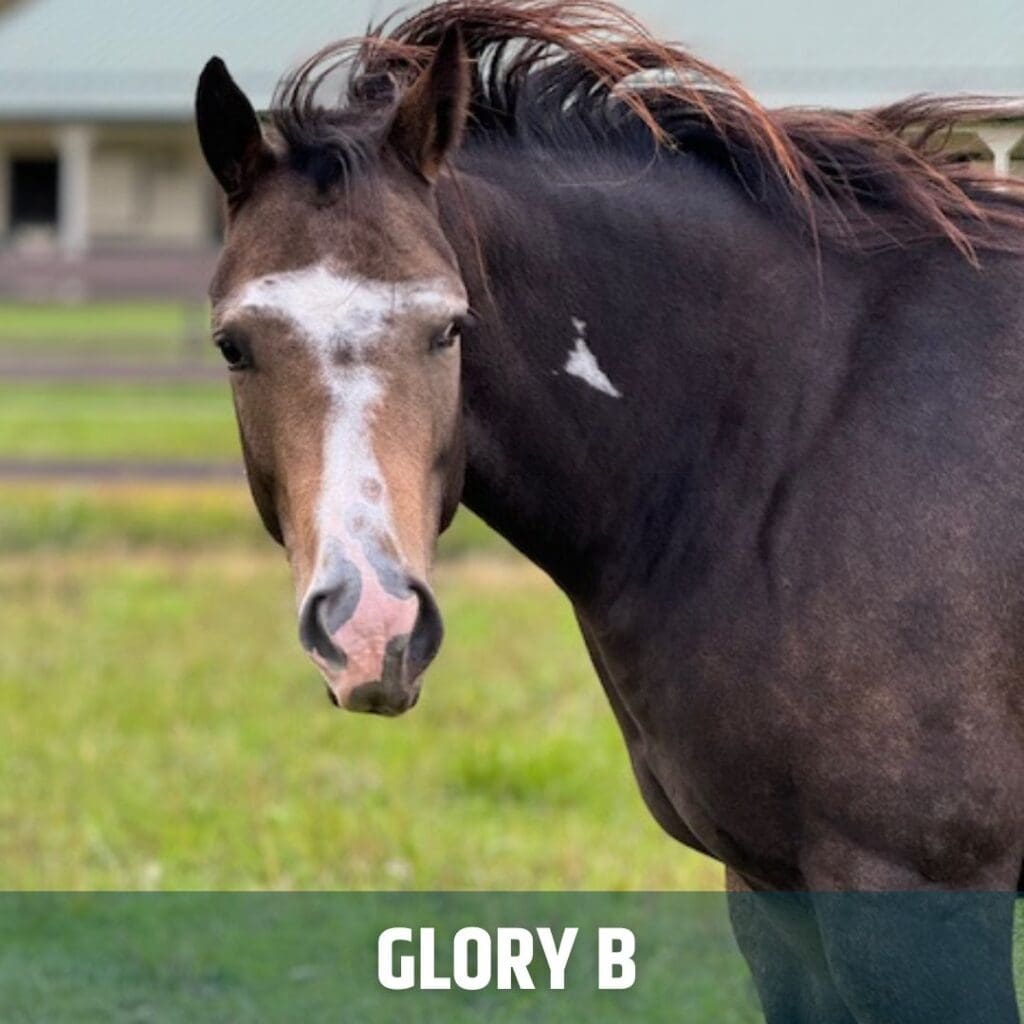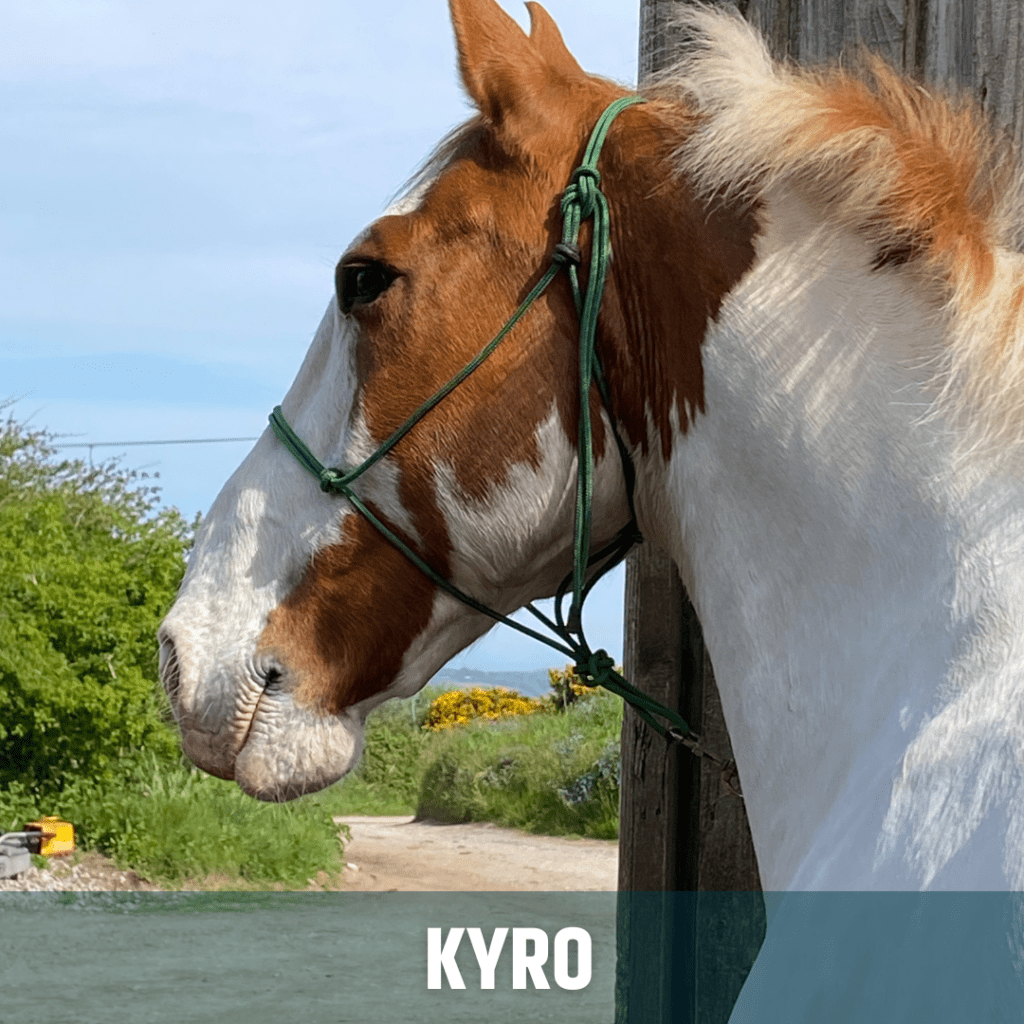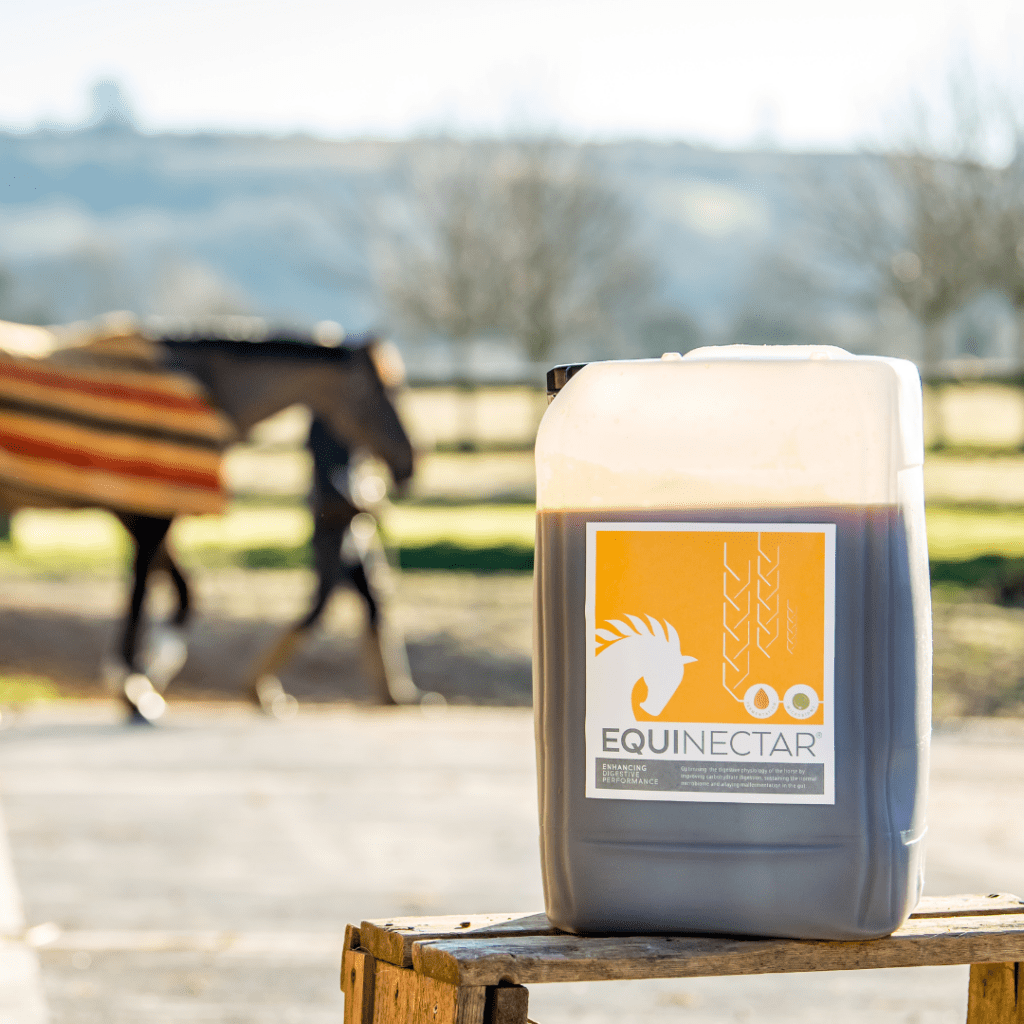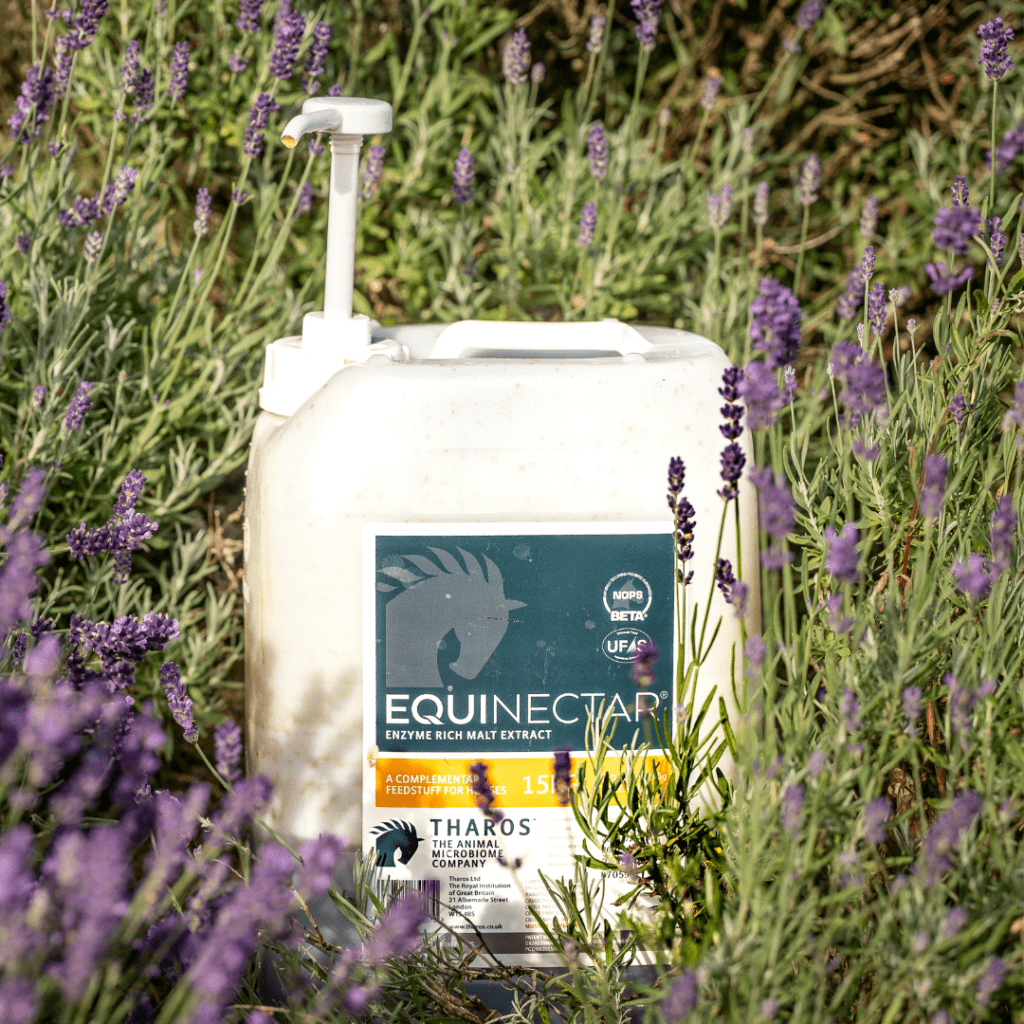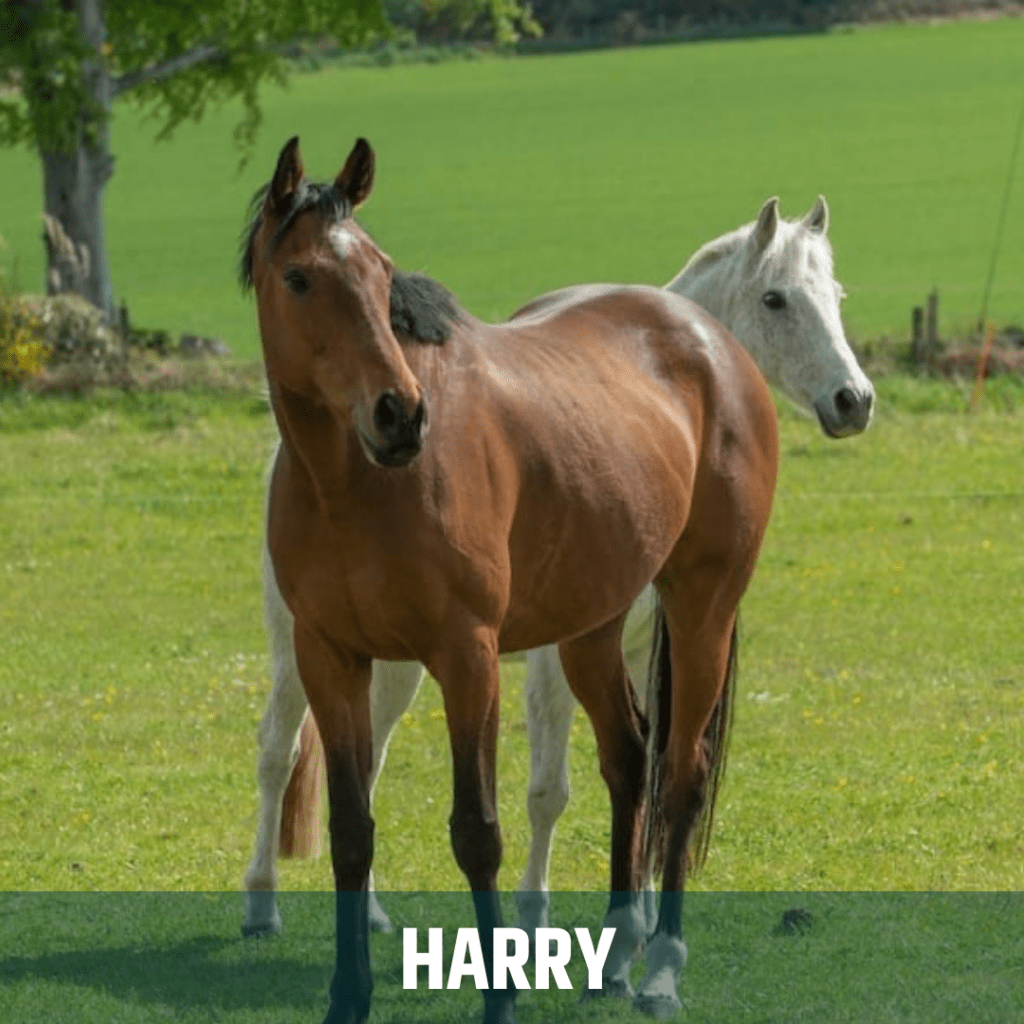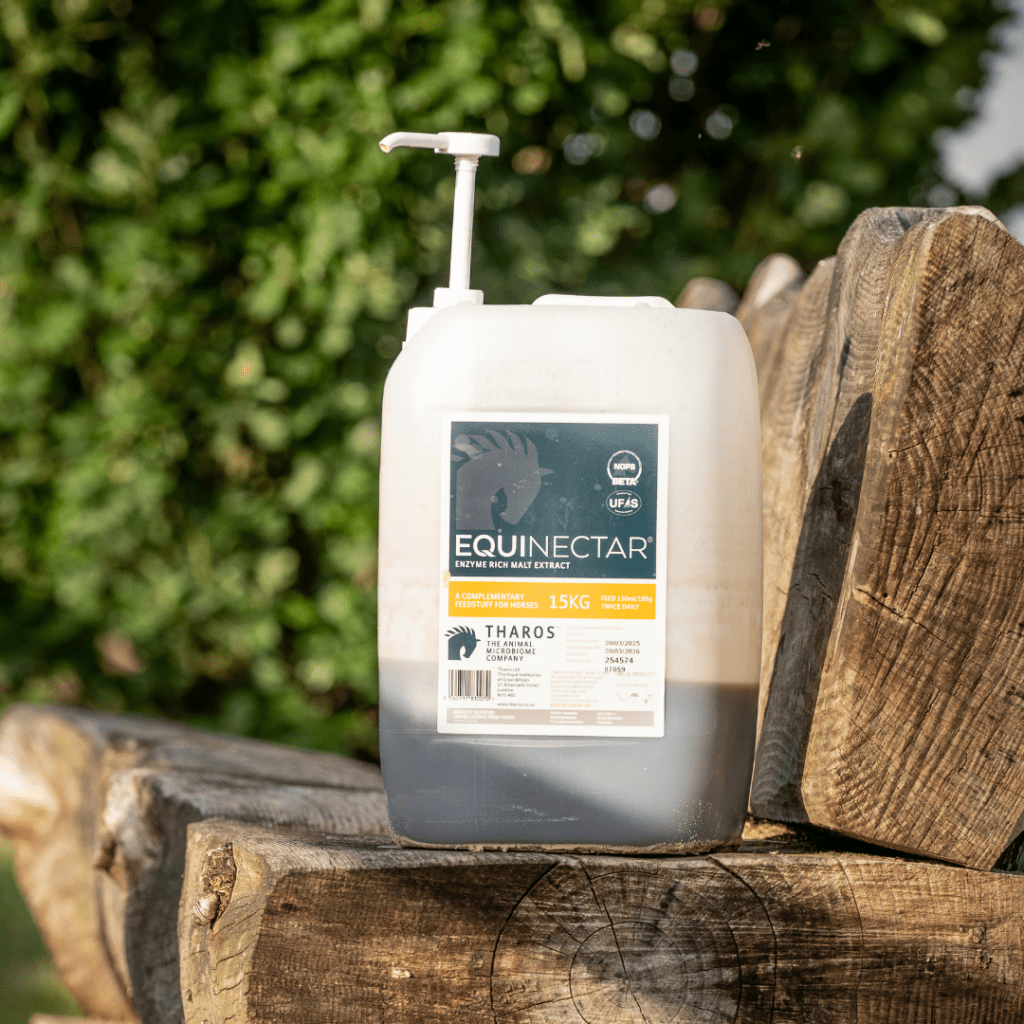Horse of the week – Glory B
Meet Glory B! This brave 3-year-old has overcome incredible odds – from a premature birth at 313 days to battling stage 4 bleeding ulcers. Her owner, Angela, incorporated EquiNectar into her daily routine and Glory B is now thriving!
Horse of the week – Glory B Read More »

